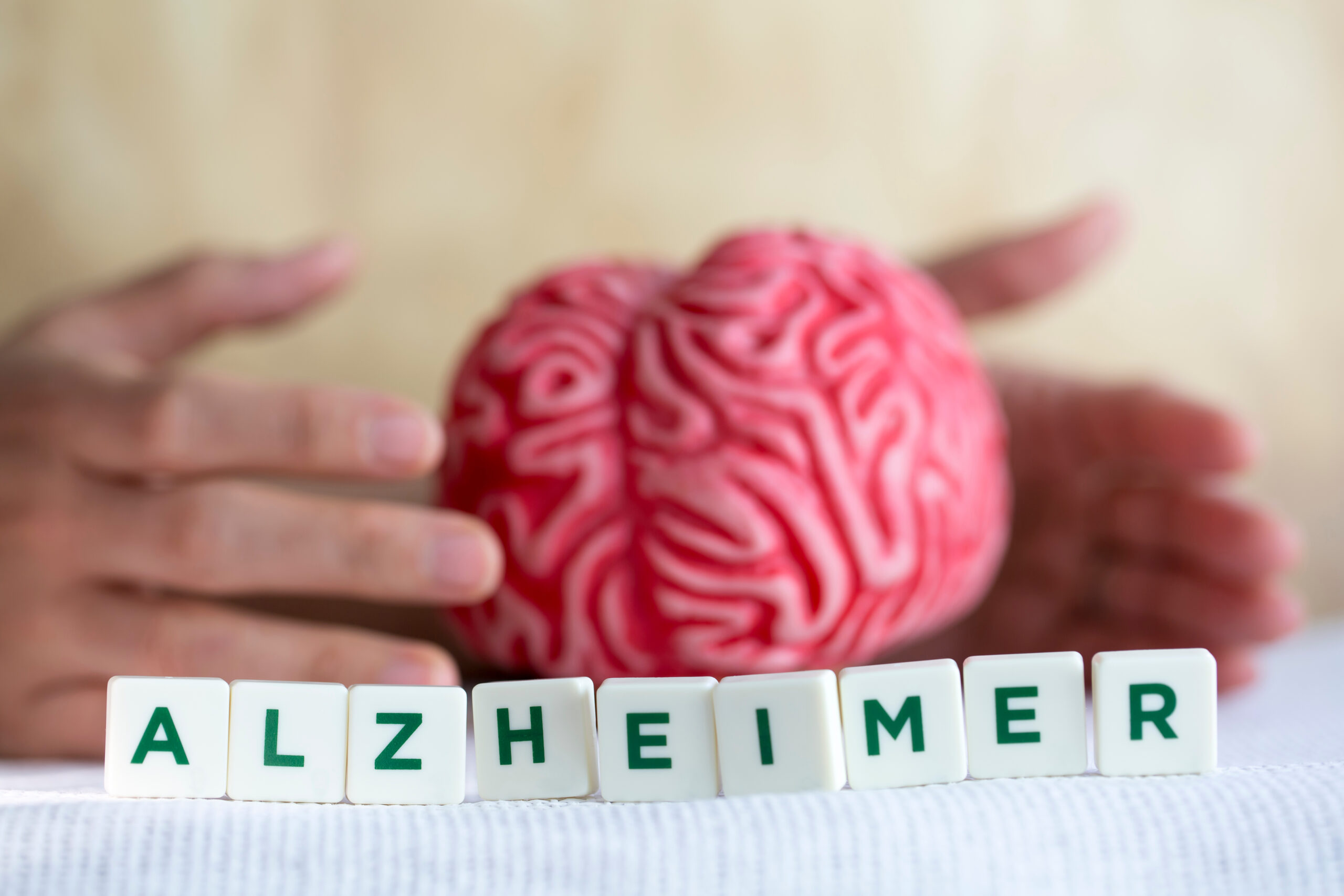The Best Brain Games for Alzheimer’s Patients
**The Best Brain Games for Alzheimer’s Patients**
Alzheimer’s disease can make it challenging for patients to remember things and stay focused. However, there are many fun and engaging activities that can help improve their cognitive function and overall well-being. These activities are called brain games, and they can be incredibly beneficial for Alzheimer’s patients.
### Why Brain Games Matter
Brain games are designed to keep the mind active and sharp. They help strengthen memory, improve focus, and even delay cognitive decline. For Alzheimer’s patients, these games can make a significant difference in their daily lives by enhancing their ability to remember names, tasks, and even past events.
### Top Brain Games for Alzheimer’s Patients
1. **Word Searches and Crossword Puzzles**
– These games target the brain’s language and visual memory areas. They are simple to understand and can be done at any level of difficulty. Word searches involve finding words hidden in a grid of letters, while crossword puzzles require solving clues to fill out a grid of interconnected words and phrases.
2. **Memory Games**
– Memory games are perfect for Alzheimer’s patients because they help improve short-term memory. Examples include matching games where players match pairs of cards or objects, and memory-matching games that require recalling details and patterns.
3. **Board Games**
– Board games like Bingo, Scrabble, and Dominos are excellent for social engagement and cognitive stimulation. They require players to think strategically and remember patterns, which helps maintain mental agility.
4. **Music Therapy**
– Music has a profound impact on memory, especially for Alzheimer’s patients. Listening to familiar songs can trigger memories and emotions, even in the advanced stages of the disease. Caregivers can create personalized playlists that include songs from the patient’s younger years or specific life events.
5. **Arts and Crafts**
– Engaging in creative activities like painting, drawing, and crafting provides mental stimulation while giving patients a sense of accomplishment. These activities can connect patients with memories through specific colors, textures, or materials.
6. **Physical Activities**
– Exercise is crucial for cognitive health. Activities like walking, dancing, and gentle exercise increase blood flow to the brain, promoting the growth of new brain cells and enhancing memory function.
### How to Incorporate Brain Games into Daily Life
1. **Start Small**
– Begin with simple games and gradually increase the difficulty level as the patient becomes more comfortable.
2. **Make it Fun**
– Choose games that bring joy and excitement to the patient. The more enjoyable the activity, the more likely they are to participate regularly.
3. **Involve Family and Caregivers**
– Engage family members and caregivers in the activities. Social interaction can foster mental well-being and positively affect memory.
4. **Personalize the Experience**
– Tailor the activities to the patient’s interests and past experiences. This personal touch enhances engagement and makes the experience more meaningful.
By incorporating these brain games into daily routines, caregivers can create a positive environment that promotes mental and emotional well-being for Alzheimer’s patients. These activities not only improve cognitive function but also provide a sense of purpose and enjoyment, making life more fulfilling for those affected by the disease.





